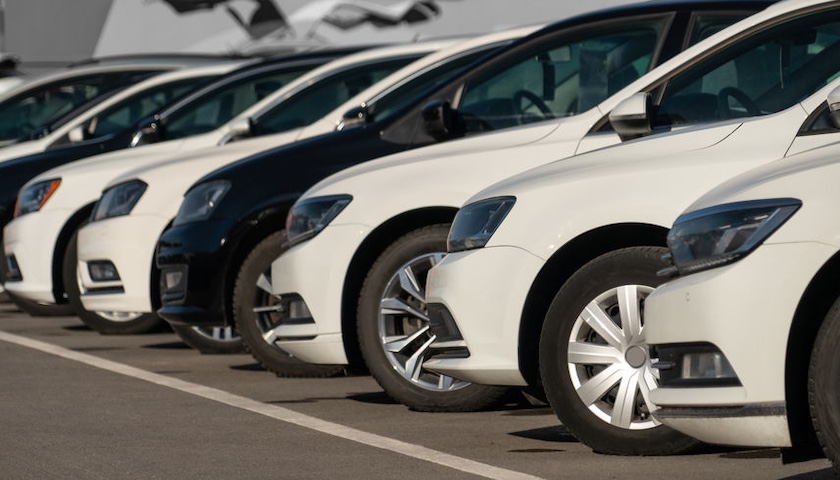When the chancellor unveiled her Autumn 2024 Budget, she announced various unpalatable tax changes. Most attention has been given to the rise in employers’ National Insurance contributions and stricter agricultural property relief rules. However, there was another policy change that will affect many businesses: a hike in company car tax rates.
What are the current company car tax rates?
Currently, company cars are taxed as a benefit in kind (BIK). The percentage you need to pay depends on the type of car and its CO2 emissions.
Fully electric cars currently attract a 2% BIK rate.
Hybrid cars are taxed on the basis of their electric mileage range. This can be as low as 2% for vehicles that have an electric range of over 130 miles. Hybrid cars with an electric range of less than 30 miles are taxed at 14%.
Petrol powered cars are taxed on their CO2 emissions. The least polluting petrol cars emit in the region of 108 grams per kilometre of CO2. This means the BIK tax rate for non-hybrid petrol cars starts at 26%, rising incrementally up to 37% for vehicles emitting more than 160 grams of CO2 per kilometre.
Diesel cars are also taxed based on emissions. However, if they don’t meet the RDE2 standard, they are hit with a 4% surcharge.
You can see a full list of the BIK company car tax rates here.
What’s changing?
In her Autumn 2024 Budget, chancellor Rachel Reeves announced increases to the BIK company car tax rates.
The rates will rise across the board. Fully electric cars will be charged at 3% during 2024/25, then in following years the rate will be 4%, 5%, 7% and then – during 2029/30 – 9%.
However, these significant hikes are dwarfed by the BIK company car tax rates for hybrid vehicles. Regardless of their electric mileage rate, all hybrids will be taxed at 19% by 2029/30. This means a car with an electric range of over 130 miles will see its BIK tax jump from 2% to 19%.
The smallest rises are reserved for the most polluting vehicles. A car with emissions of over 160 g/km will continue to be taxed at 37% until 2028/29. In that year, the rate will go up to 38%, rising to 39% the following year.
You can consult a table of the upcoming tax hikes on the Fleet News website.
What do the company car tax changes mean for me?
If you have company cars, now is a good time to review your fleet. In particular, if you have hybrid cars, you will have to pay significantly more BIK company car tax.
So, if you want to keep the BIK tax low, then it may be a smart move to switch to electric cars. The changes to the BIK rules will also have a knock-on effect on the fuel benefit charge, making fuel more expensive. The car benefit fuel charge doesn’t apply to electric vehicles, making them an even more attractive option.
If you’re a THP client and you’d like advice on making your fleet more tax efficient, speak to your account manager. We can even tell you how to offset the full cost of a new electric car.
About Karen Jones
Having worked for one of the world’s largest accountancy firms, Karen Jones uses her tax knowledge and skills to help clients obtain substantial reductions to their tax liabilities.
With an expanding portfolio of tax clients, Karen enjoys the variety her work brings her and particularly likes working with new businesses and people. With a growing number of tax clients, she frequently faces a variety of challenges and relishes the experience she gains as she solves them.
Karen likes the THP ethos: “I like the way the team has a professional, but friendly and down-to-earth approach – it creates a productive atmosphere that benefits everyone.”
Karen’s specialist skills:
- Personal Taxation
- Tax Efficient Planning
- Trust Administration












